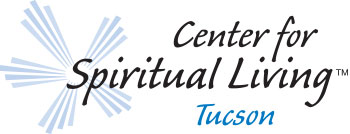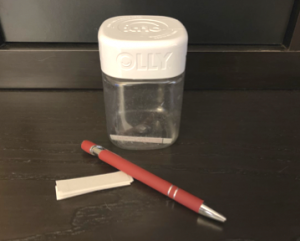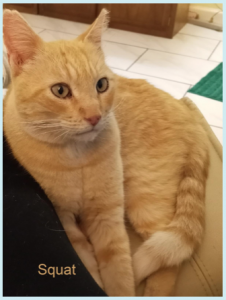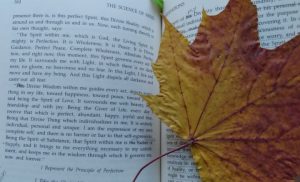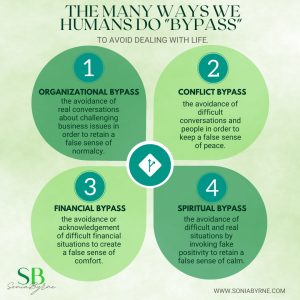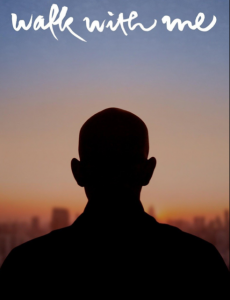Rituals of Our Lives
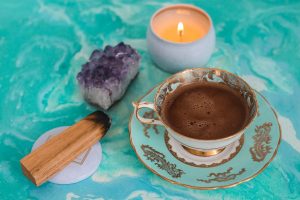 We all have rituals and use them. It has always been so. Even though I have trouble wrapping my mind around this, archeologists claim to have discovered evidence of human ritual practices dating 70,000 – 80,000 years ago, and there is some disputed evidence that is older than that.
We all have rituals and use them. It has always been so. Even though I have trouble wrapping my mind around this, archeologists claim to have discovered evidence of human ritual practices dating 70,000 – 80,000 years ago, and there is some disputed evidence that is older than that.
Rituals must serve us, right? They’ve been part of our human history for as long as we’ve been identifiable as humans. Why do we do rituals?
They can remind us of who we are, and how we fit in the bigger picture of our family or cultural traditions. We can use them to improve our quality of life and the quality of life for those around us. We can engage with them out of habit, duty or obligation. We can repeat them to quell our anxiety, or create an experience of order in a disordered, chaotic situation. They can help ground us in the present moment. They remind us of seasons past. Sometimes we do them because we love them; they encourage our feelings, emotions and experiences.
We’ve entered one of the seasons of the year that can be seriously ritual-heavy. I encourage you to look at the rituals you participate in. Engage in them with discernment, consciously aware of why you choose to continue the ritual practices that you observe.
Even if you don’t get all that much value out of some of the rituals that you do, but you do them in conscious and intentional service of another, they can add depth and quality to your life as an intentional act of service, but notice how much of your life energy you are spending in this way. Decide if you are okay with that, and choose accordingly.
In addition to any seasonal rituals that you might have with decorating, cleaning and clearing, sharing food, fellowship, gifts or song, or with renewing connections with people who you don’t normally interact with, this article suggests three ritual practices you might find useful.
www.inc.com/jessica-stillman/the-3-types-of-rituals-everyone-should-incorporate-into-their- day.html
Read the article if you are interested, otherwise, here’s the list:
- Savoring. Taking a moment to appreciate what is already good in your life. If you share this feeling of appreciation with another, you appreciation is multiplied. Even if you are ‘only’ writing your appreciations in your journal, you’ve become more aware of the goodness that surrounds you.
- Starting. This one sounds a little like “Let’s Make a Deal” except you are making a deal with yourself that after you do something enjoyable for a finite period of time, then you will start on a task that wants to be done, and you will start by doing this one thing. Steven Pressfield, in his classic text The War of Art, has an elaborate ritual that he follows every day before he sits down to write. Once the ritual has been completed, his mind is much more willing to drop the resistance and begin putting words on a page.
- Making ourselves luckier. Since we experience what we believe, if we truly believe that wearing our favorite shirt on game day will make us play better, then wearing the lucky shirt will increase our confidence and focus, and we will probably play better.How can you use ritualized practices in service of your goals and dreams?
–Rev Janis Farmer
